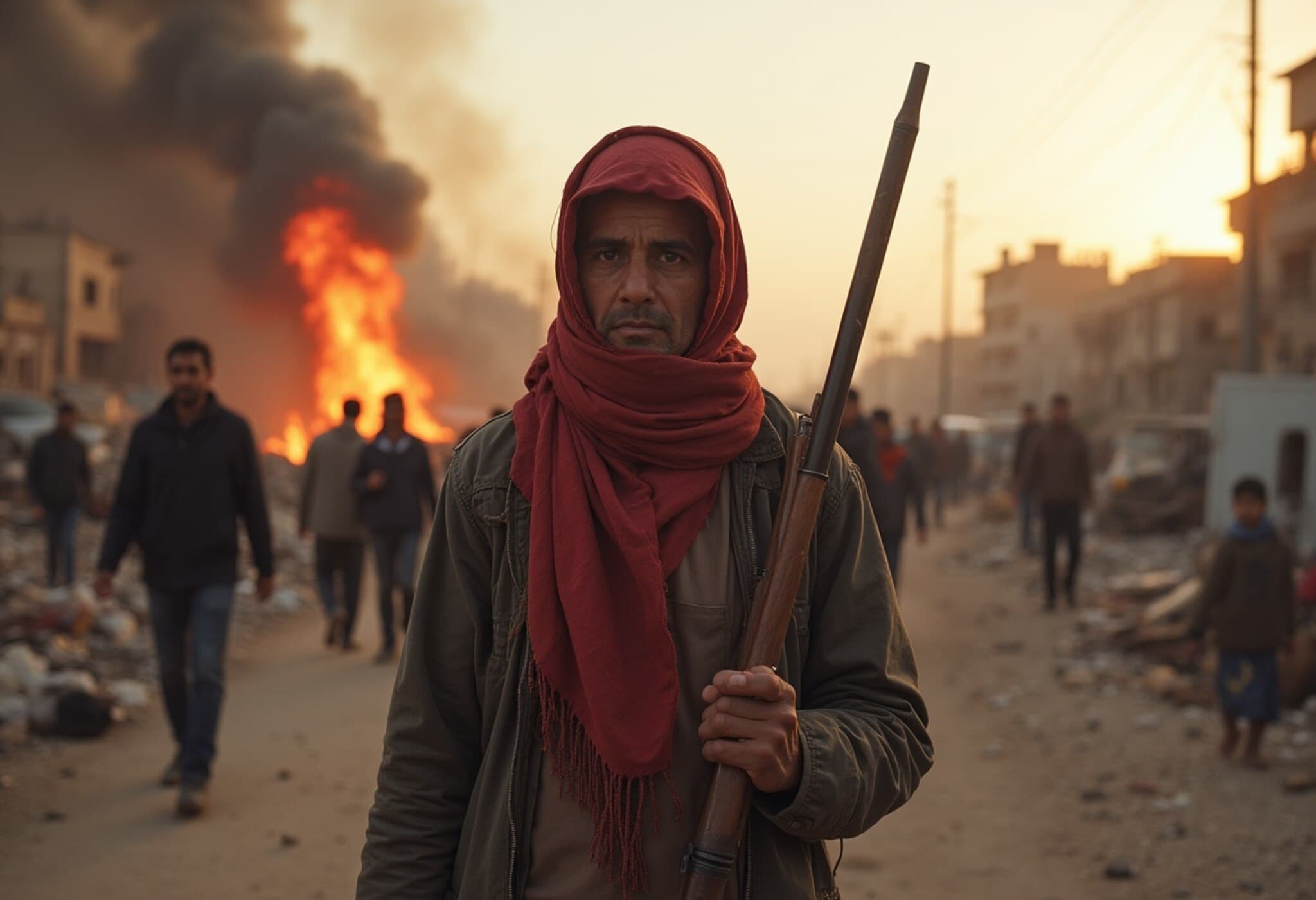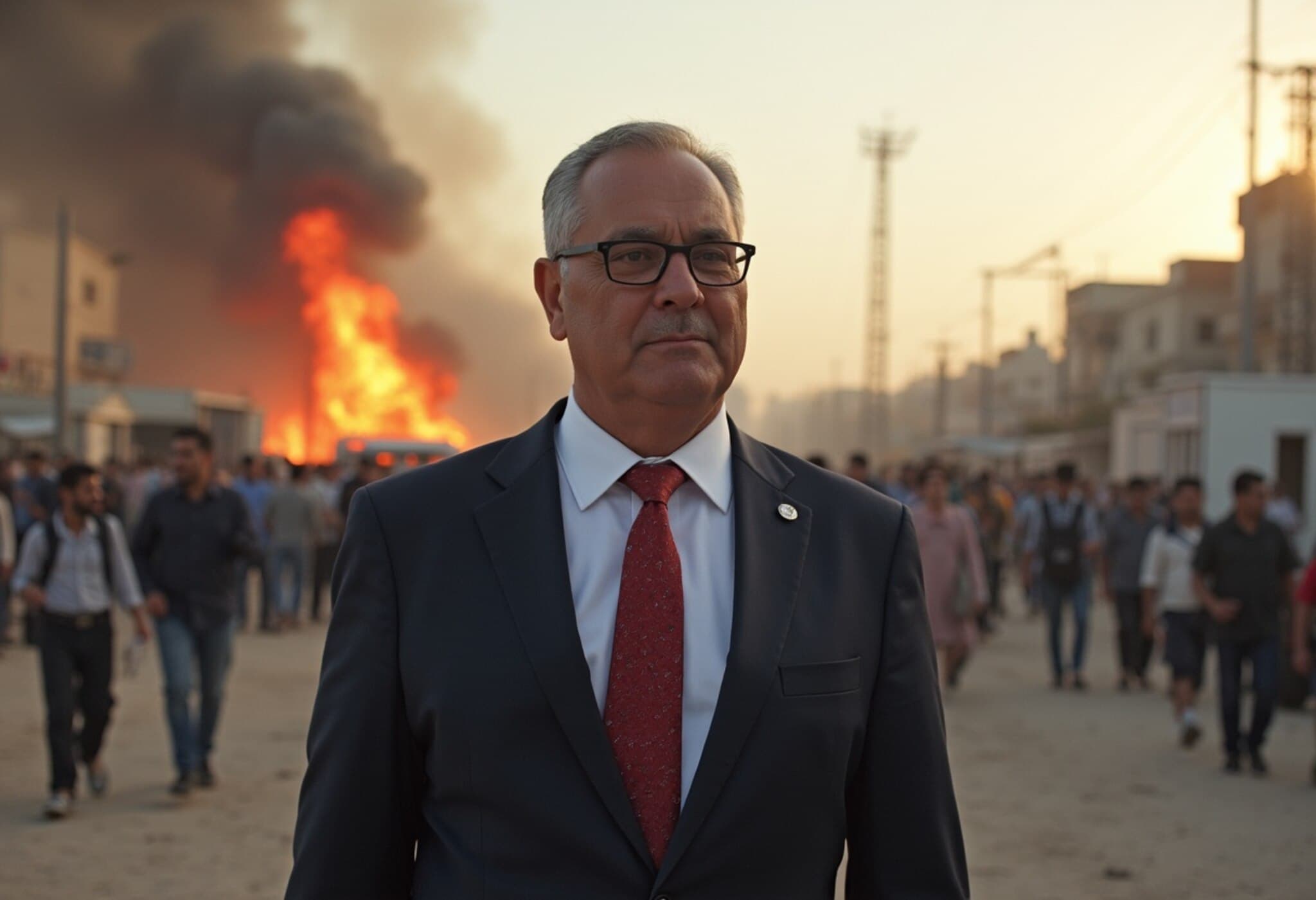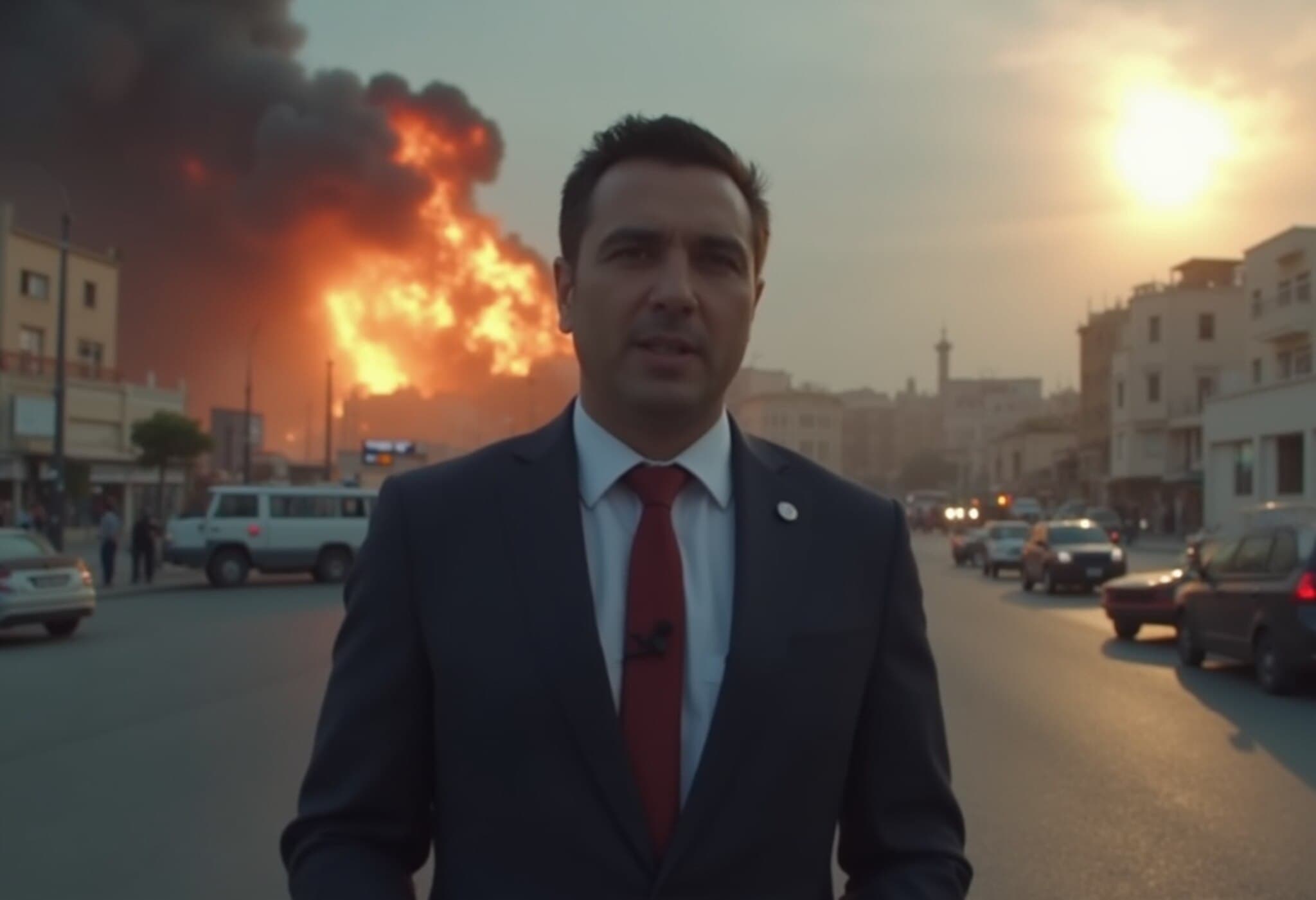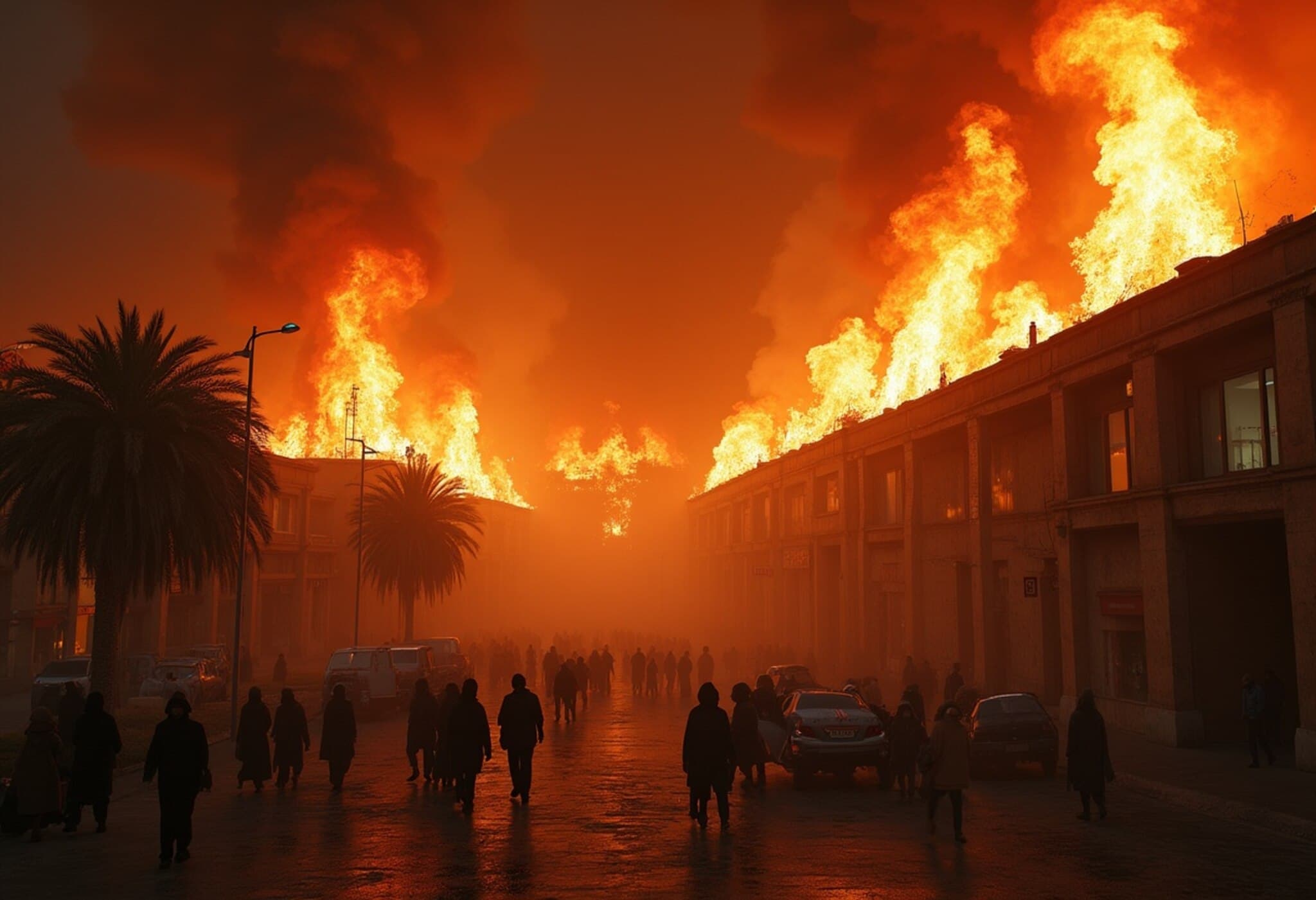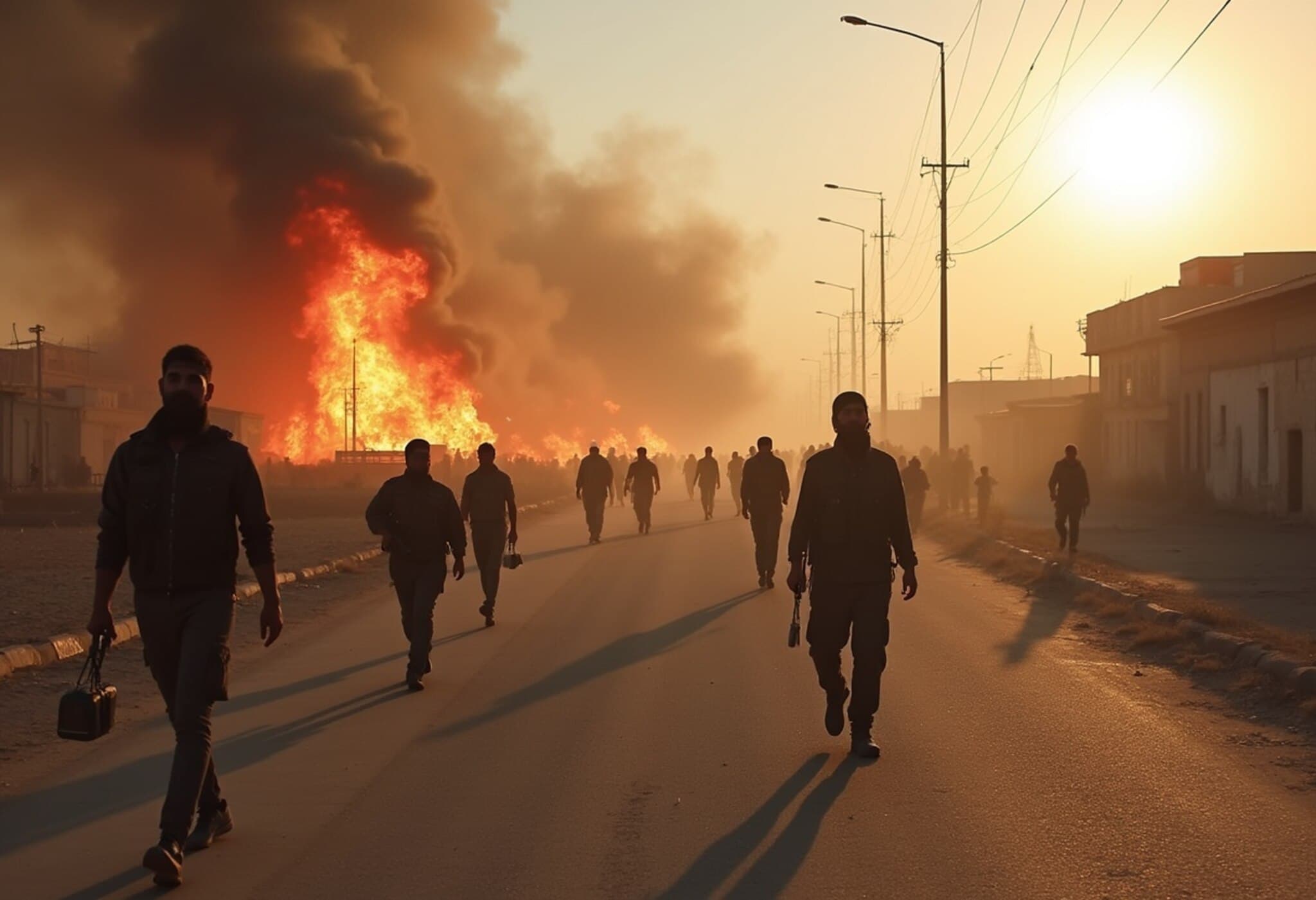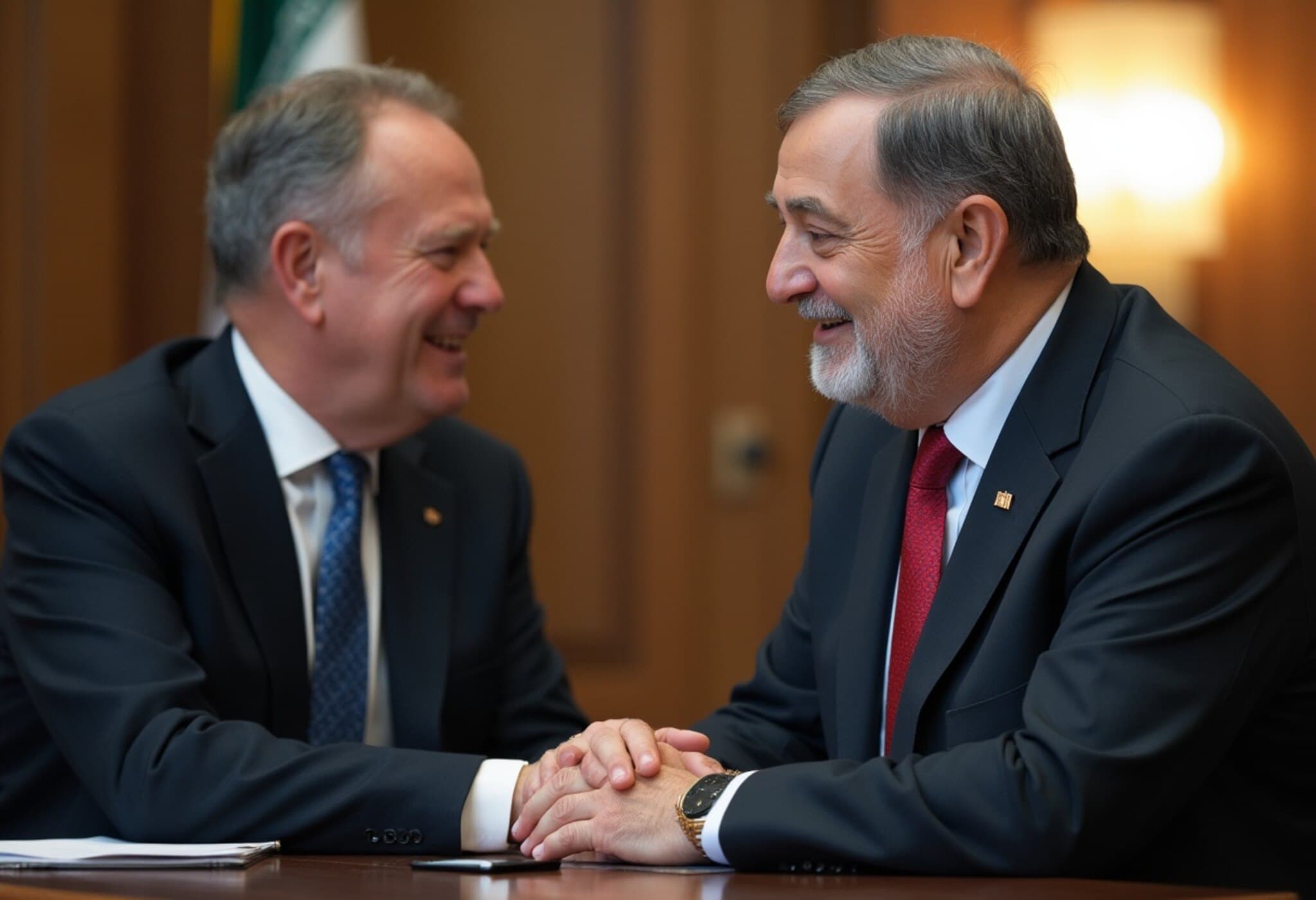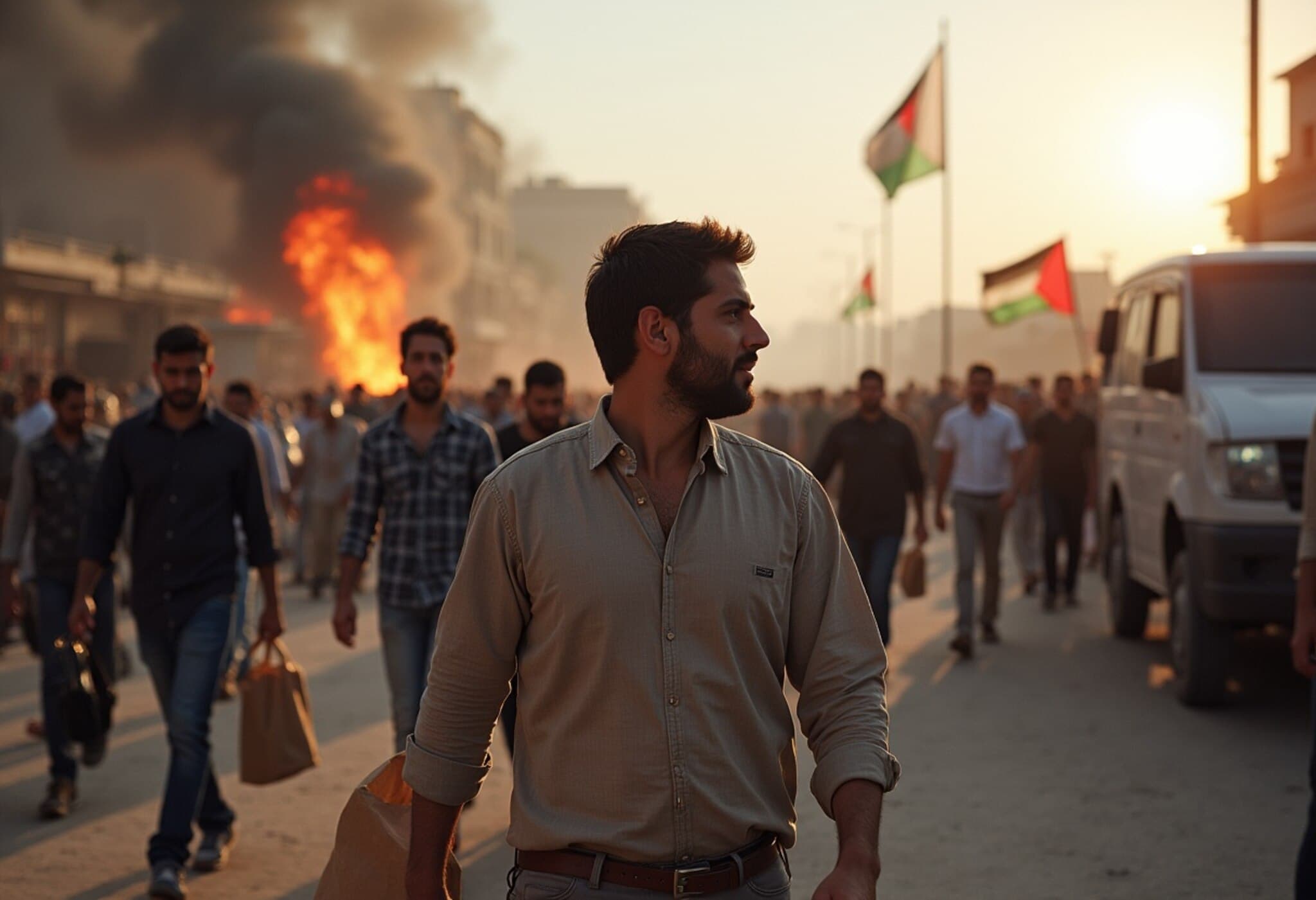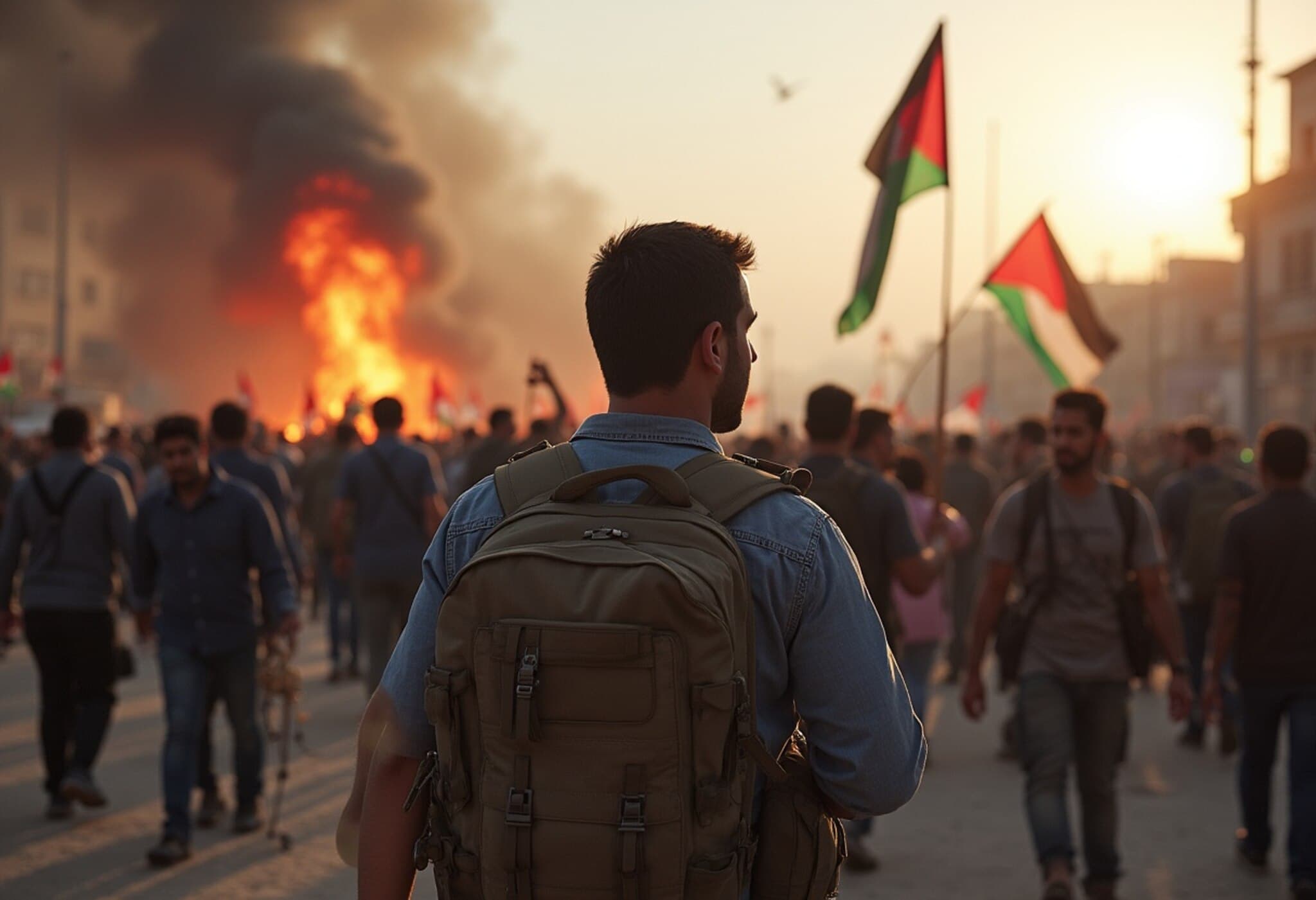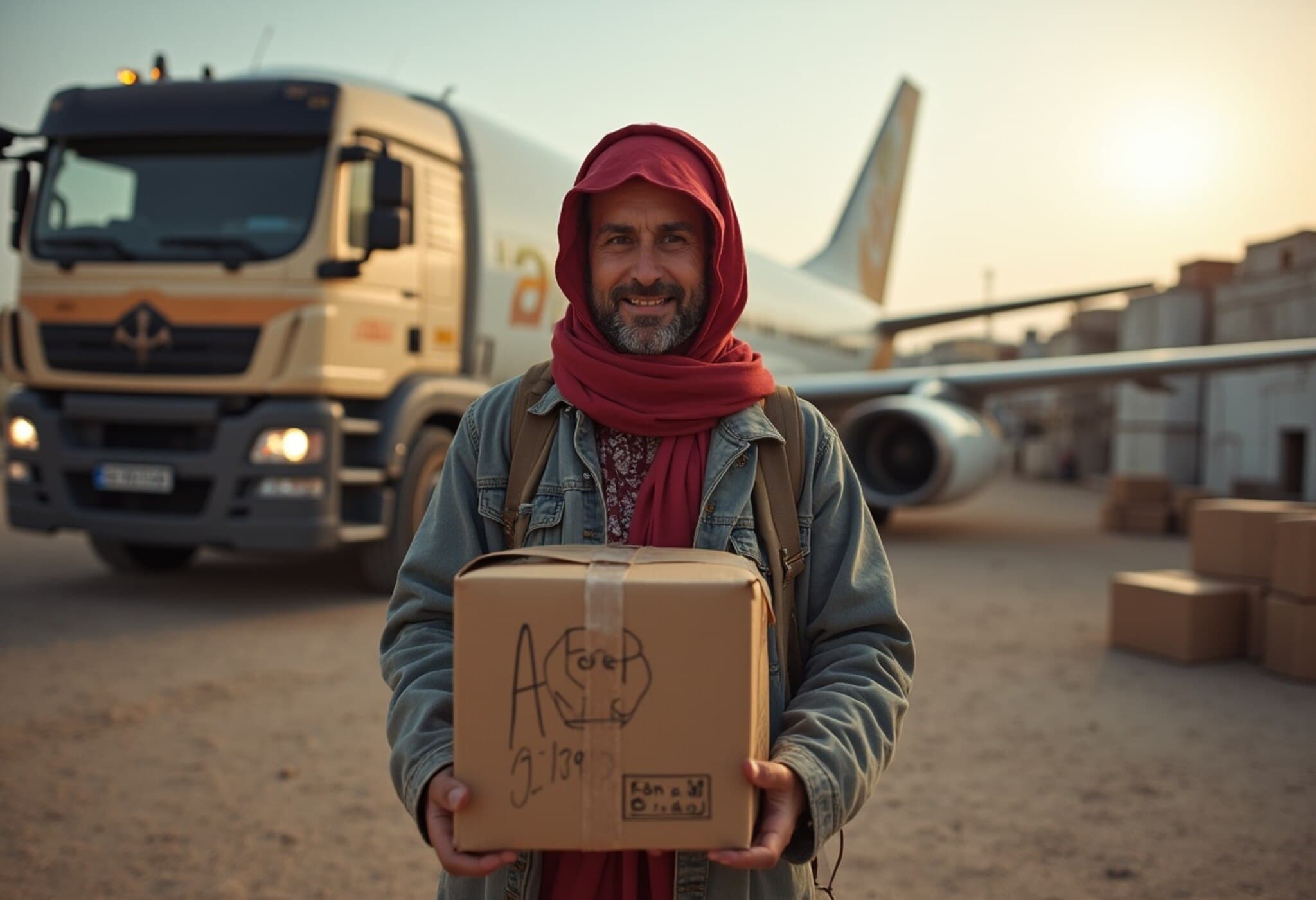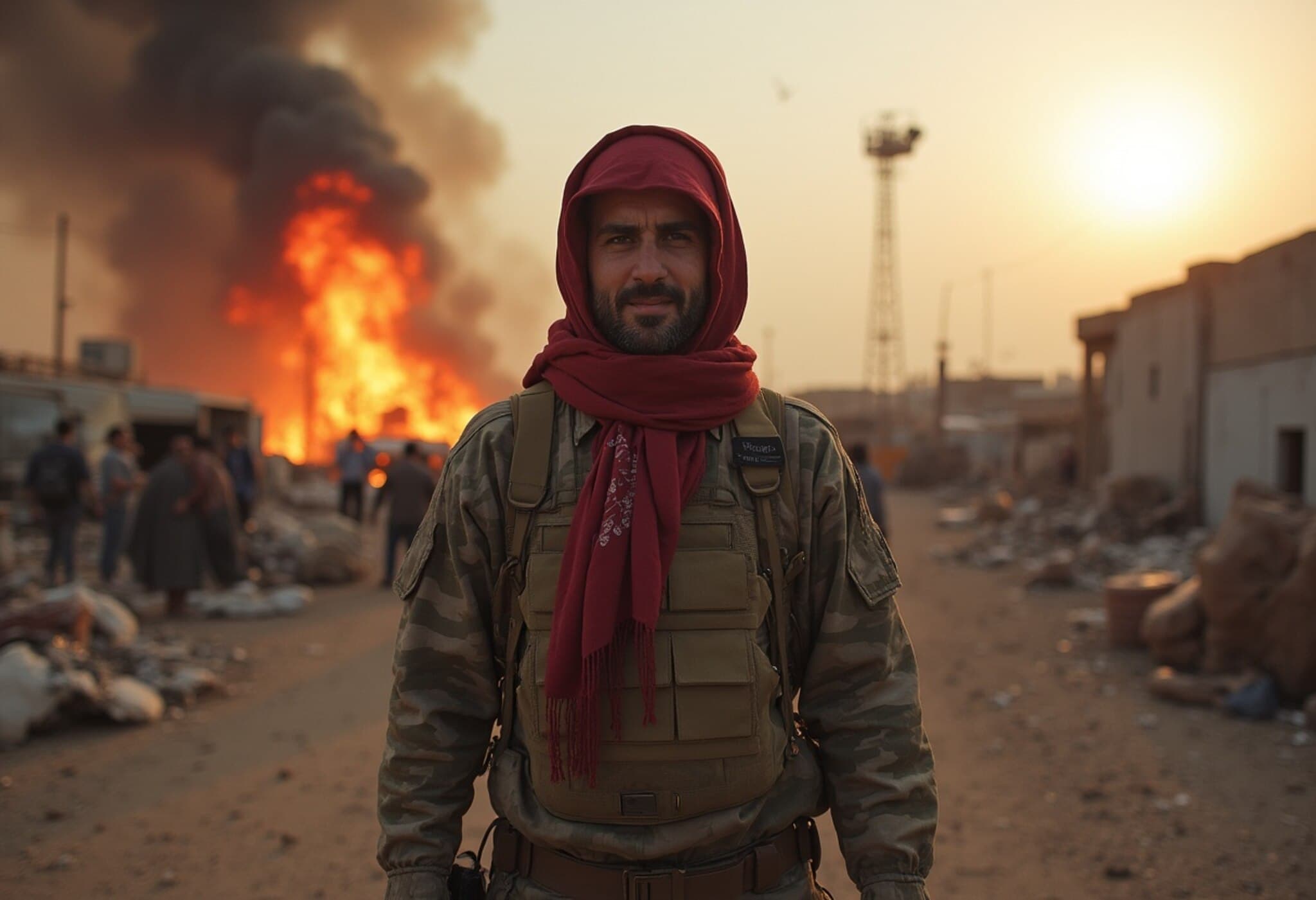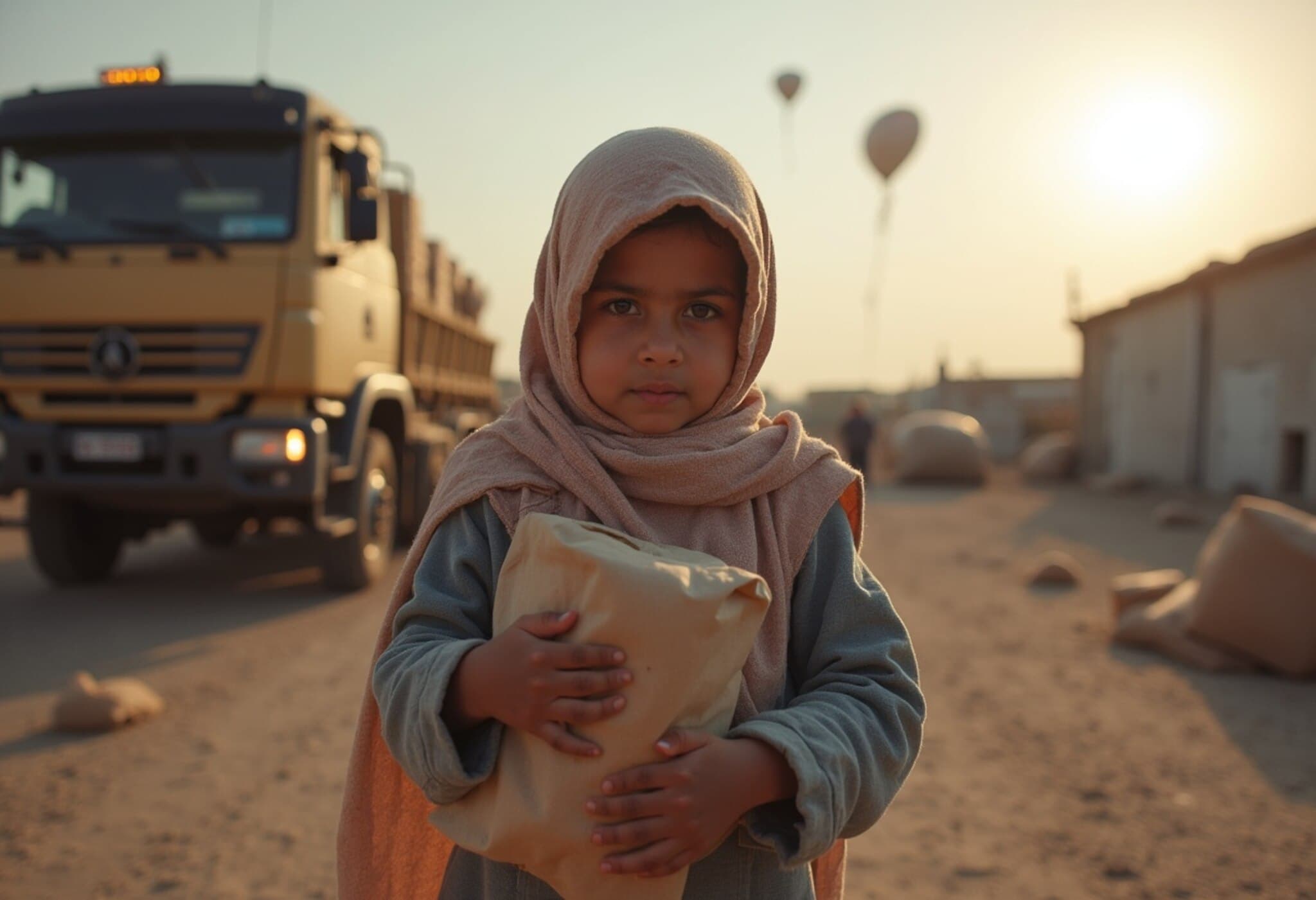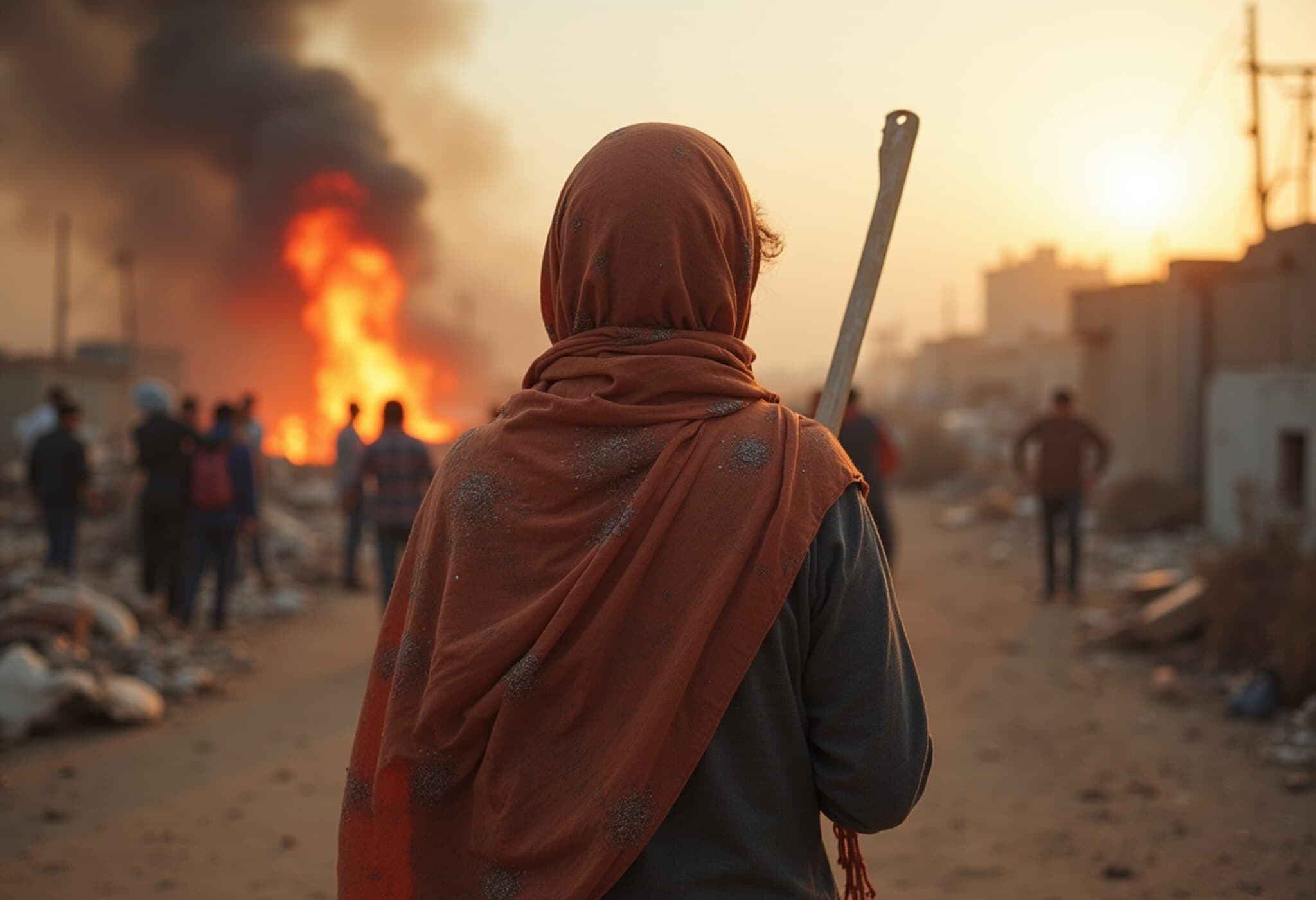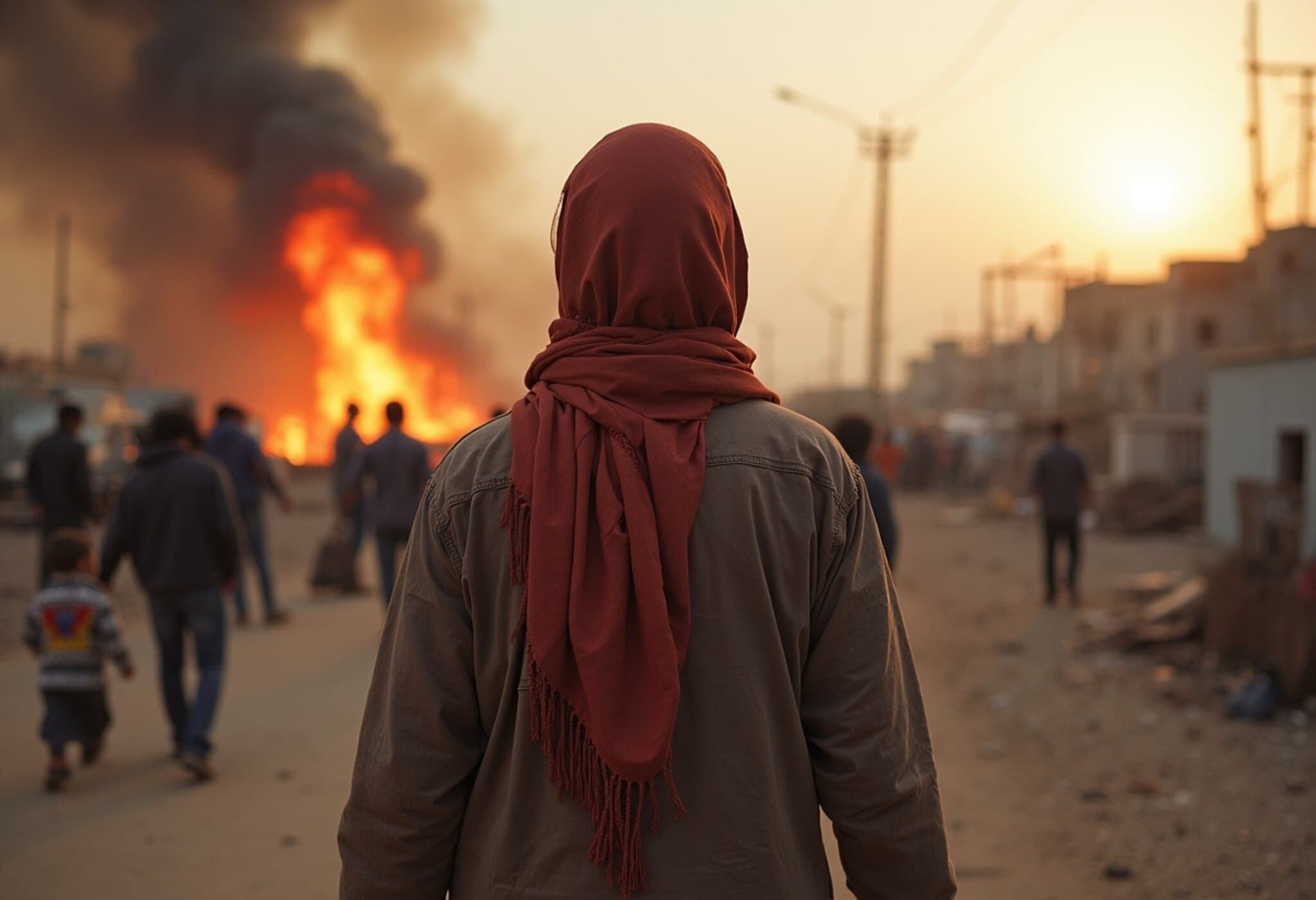US Envoy Arrives in Israel to Address Gaza’s Humanitarian Emergency
As the humanitarian crisis in Gaza reaches unprecedented levels, US Special Envoy Steve Witkoff landed in Israel on Thursday to closely monitor the dire food distribution efforts. Accompanied by US Ambassador Mike Huckabee, the duo is slated to inspect aid operations on the ground in Gaza on Friday, according to the White House.
Tragic Toll as Palestinians Struggle for Aid
The Gaza Health Ministry reported a grim statistic from the past 24 hours: at least 91 Palestinians lost their lives and over 600 sustained injuries while attempting to access food and humanitarian aid. Among the dead, 54 were killed near the Zikim crossing in northern Gaza on Wednesday while waiting for food supplies. This number is expected to rise as many victims have been transported to isolated hospitals that are running critically low on resources.
Israel’s military responded by stating that warning shots were fired to disperse crowds surrounding aid trucks, but claimed no awareness of casualties linked to Israeli fire. Meanwhile, a security official, speaking anonymously, suggested the gunfire originated from tensions within the crowd itself amid desperate scramble for assistance.
Chaos at Food Airdrops Highlights Desperation
In central Gaza’s Zawaida city, scenes of desperation unfolded as food parcels airdropped from the sky triggered stampedes and violent skirmishes. With border crossings closed, aid providers have been forced to rely on these hazardous air deliveries to combat acute food shortages.
- Eslam al-Telbany, displaced from Jabaliya, tearfully recounted being attacked and losing vital supplies while trying to provide for her children who hadn’t eaten or drunk water for two days.
- Ahmed al-Khatib disclosed losing his bag of flour in a struggle that also injured him.
- Rana Attia expressed her preference for more dignified, organized aid delivery methods, emphasizing that chaotic airdrops demean recipients.
Insufficient Aid Amid Mounting Global Pressure
Despite these efforts, the volume of aid reaching Gaza scarcely scratches the surface of what’s needed to prevent a humanitarian catastrophe. Aid organizations emphasize a minimum of 500 to 600 trucks per day are essential, yet only 270 trucks entered Gaza on Wednesday alongside 32 pallets dropped by air, as per Israeli defense coordination authorities.
The international community has sharply criticized Israel's blockade, which has lasted over two and a half months, for exacerbating an already precarious situation that many experts now describe as a "worst-case famine scenario" unfolding in Gaza.
Shifting Diplomatic Winds: Germany Calls for Ceasefire and Two-State Solution
In a notable diplomatic development, German Foreign Minister Johann Wadephul arrived in Israel intending to advocate for increased aid and push for a ceasefire. Germany, historically Israel’s steadfast ally, has gradually taken a more critical stance on the Gaza conflict’s humanitarian toll.
Wadephul reaffirmed Germany’s commitment to a two-state solution as the exclusive path toward peace but stressed that formal recognition of a Palestinian state would come only after progressing through this diplomatic process. This differentiation positions Germany uniquely compared to allies like France, Britain, and Canada, which plan to recognize Palestinian statehood in September.
US Diplomatic Engagement Amid Ongoing Hostilities
Witkoff’s meeting with Israeli Prime Minister Benjamin Netanyahu marked a critical moment since US and Israeli negotiating teams had recently withdrawn from Qatar amid stalled ceasefire talks. Witkoff has publicly criticized Hamas for its unwillingness to pursue peace, while former President Donald Trump emphasized a harsh stance demanding Hamas surrender and the release of hostages to alleviate the crisis.
White House Press Secretary Karoline Leavitt highlighted that Witkoff’s mission “aims to save lives and end this crisis,” underscoring the deep humanitarian concern guiding US policy amid a devastating war that erupted after Hamas’s October 7, 2023 attack on southern Israel.
The Larger Human Cost
Since the conflict’s outbreak, Gaza’s Health Ministry estimates over 60,000 Palestinians have died due to Israeli military operations. While casualty figures remain contested, with the Ministry operating under Hamas administration and distinguishing civilians from militants complicated, these staggering numbers reflect the brutal toll on Gaza’s population.
Editor's Note
The worsening humanitarian scenario in Gaza is a stark reminder of the devastating human cost that prolonged conflict and blockades impose—not only on physical survival but on human dignity. As international actors, including the US and Germany, intensify diplomatic efforts, the challenge remains: how to reconcile urgent humanitarian needs with geopolitical realities and security concerns.
Critical questions linger:
- Will diplomatic efforts succeed in forging a sustainable ceasefire that safeguards civilians?
- How can aid distribution be organized to prevent deadly chaos and preserve dignity?
- What responsibility do regional actors have in pushing beyond rhetoric toward meaningful peace and reconstruction?
The unfolding crisis presents an urgent call to the global community to balance strategic interests with human empathy and practical humanitarian response.


